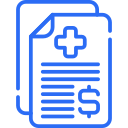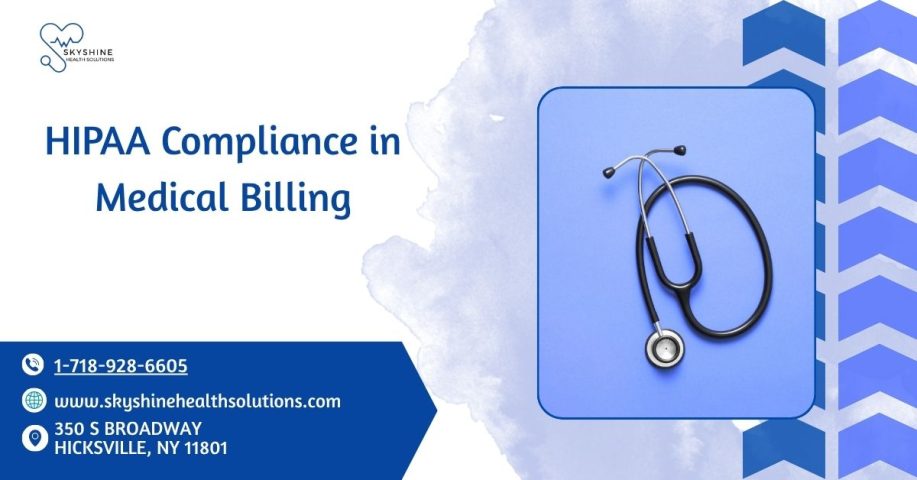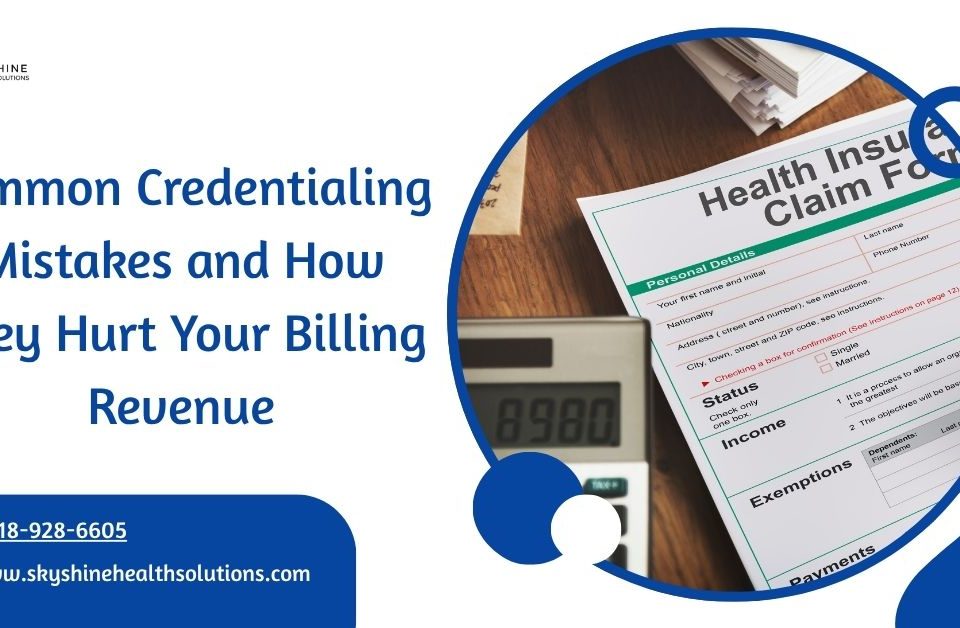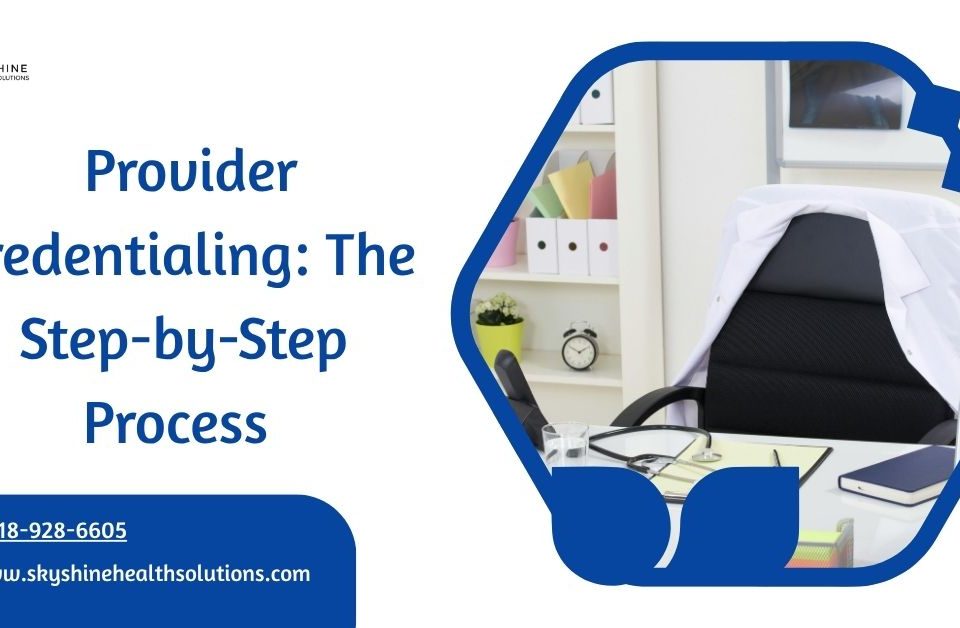
Medical Billing: Navigating Medicare and Medicaid Rules
June 2, 2025
Understanding ICD-10 and CPT Code Changes
June 3, 2025Ensuring HIPAA compliance in medical billing is critical for healthcare providers to protect patient privacy and avoid costly penalties. In this guide, we’ll explore the essentials of HIPAA compliance in medical billing for 2025, outlining key requirements, common pitfalls, and practical strategies to stay compliant. Whether you’re a billing professional or practice manager, this guide will help you navigate HIPAA regulations confidently.

What Is HIPAA Compliance in Medical Billing?
To begin, HIPAA (Health Insurance Portability and Accountability Act) compliance in medical billing involves safeguarding protected health information (PHI) during billing processes. In essence, it ensures patient data, such as medical records and billing details, remains confidential and secure. Moreover, compliance prevents legal and financial repercussions, especially under 2025 regulations. Let’s dive into the key aspects of HIPAA in medical billing.
Key HIPAA Requirements for Medical Billing
First, understanding HIPAA’s core rules is essential for compliance. These include:
-
-
-
Privacy Rule: Restricts the use and disclosure of PHI without patient consent.
-
Security Rule: Mandates safeguards for electronic PHI (ePHI), like encryption.
-
Breach Notification Rule: Requires reporting data breaches within 60 days. For example, sharing a patient’s billing details without authorization violates the Privacy Rule. Therefore, strict adherence to these rules is non-negotiable.
-
-
How HIPAA Applies to Medical Billing
During medical billing, PHI is handled at multiple stages, such as patient registration, coding, and claim submission. Specifically:
-
-
-
Patient Information: Names, addresses, and insurance details must be protected.
-
Claims Processing: Billing staff must secure PHI when submitting claims to payers.
-
Communication: Discussions about billing must occur in secure channels. Since mishandling PHI can lead to breaches, use secure systems like encrypted billing software. As a result, compliance is maintained throughout the process.
-
-
Common HIPAA Violations in Medical Billing
Despite best efforts, violations occur due to oversight or lack of training. Common issues include:
-
-
-
Unauthorized Access: Staff accessing PHI without a legitimate need.
-
Unsecured Data: Sending unencrypted emails with patient billing information.
-
Improper Disposal: Failing to shred physical documents containing PHI. For instance, an unencrypted email with a patient’s claim details can lead to a breach. Thus, regular audits and training are critical to avoid these pitfalls.
-
-
Steps to Ensure HIPAA Compliance in Medical Billing
To stay compliant, follow these actionable steps:
1. Implement Secure Systems
First, use HIPAA-compliant billing software with encryption and access controls. For example, software like Kareo or AdvancedMD ensures ePHI security. As a result, data remains protected during claims processing.
2. Train Staff Regularly
Next, train billing staff on HIPAA regulations and 2025 updates. This includes:
-
-
-
Recognizing PHI and handling it securely.
-
Understanding breach reporting protocols. Since untrained staff are a common source of violations, annual training is essential.
-
-
3. Conduct Risk Assessments
Additionally, perform regular risk assessments to identify vulnerabilities. This involves:
-
-
-
Reviewing data storage and transmission practices.
-
Checking for outdated security measures. Consequently, proactive assessments reduce breach risks.
-
-
4. Use Business Associate Agreements (BAAs)
When working with third-party billing services or clearinghouses, sign BAAs. These agreements ensure vendors also comply with HIPAA. For instance, a clearinghouse handling claims must secure PHI. Thus, BAAs are a legal necessity.
5. Monitor and Audit Processes
Finally, audit billing processes regularly to ensure compliance. This includes:
-
-
-
Tracking access to PHI.
-
Reviewing claim submission security. By auditing, you can catch issues early and avoid penalties.
-
-
Penalties for Non-Compliance
If HIPAA violations occur, penalties can be severe. For example:
-
-
-
Fines range from $100 to $50,000 per violation, with a $1.5 million annual cap.
-
Willful neglect can lead to higher fines or criminal charges. Therefore, maintaining compliance is critical to avoid financial and legal consequences. In fact, the Office for Civil Rights (OCR) actively enforces HIPAA in 2025.
-
-
Best Practices for HIPAA-Compliant Medical Billing
To enhance compliance, adopt these strategies:
-
-
-
Encrypt All ePHI: Use secure servers and email encryption for billing data.
-
Limit Access: Restrict PHI access to authorized personnel only.
-
Secure Physical Records: Lock paper files and shred them when disposing.
-
Stay Updated: Monitor 2025 HIPAA updates via CMS or OCR resources. By implementing these practices, you’ll strengthen your compliance efforts significantly.
-
-
Final Thoughts
Ultimately, HIPAA compliance in medical billing is essential for protecting patient privacy and ensuring financial stability. By following these steps—using secure systems, training staff, and auditing processes—you can navigate 2025 regulations with confidence. Ready to strengthen your compliance? Download our free 2025 HIPAA Compliance Checklist to get started!

Learn more about Top 5 Common HIPAA Violations and How to Avoid Them
Have questions? check our Medical Billing FAQs















